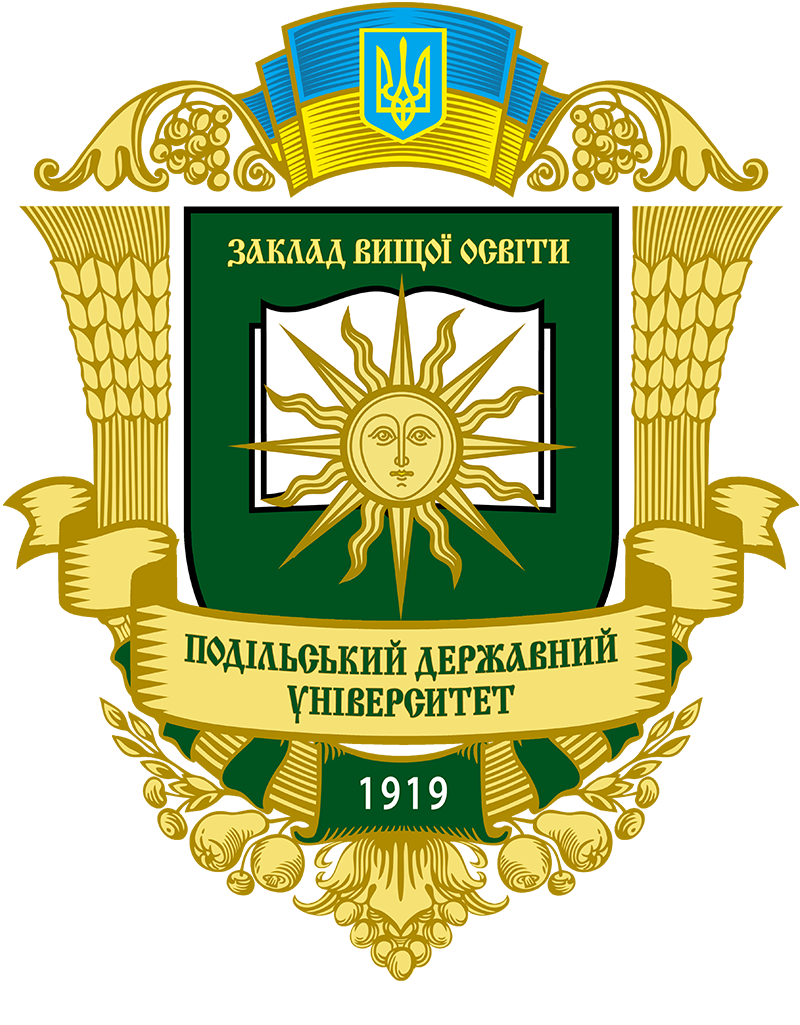INNOVATIVE TEACHING TECHNOLOGIES IN FORMING THE COMMUNICATIVE CULTURE OF FUTURE SPECIALISTS
DOI:
https://doi.org/10.37406/2521-6449/2025-1-13Keywords:
communicative culture, effective communications, speech competence, innovative teaching methods, communicative abilities, communicative skillsAbstract
Today, in the conditions of globalization of the modern world, the transformation of higher education is taking place. In accordance with these changes, we have a new paradigm of education, which provides for the formation and development of future specialists not only professional, precise skills related to activities in certain fields, but also the development of soft skills such as creativity, initiative in our youth , stress resistance, the ability to think critically, the ability to understand emotions, other people's intentions and one's own, independence when acquiring new knowledge, the ability to communicate effectively, which can be applied in various professional settings. Among the mentioned skills, such qualities as the ability for effective interpersonal and professional communication are basic, basic. The culture of personal communication is the basis of high-quality and productive relationships in any professional team and helps to achieve mutual understanding, is a way of self-improvement and self-realization.Improving the training of a modern specialist, which is today the primary task of a higher school, requires the search for such technologies for the organization of the educational process that would meet the world standard of education and would ensure the training of future specialists at a high professional level. After all, it is the choice of effective teaching methods that helps to encourage students to active communicative activities and promotes the mastery of effective and effective communication skills.The article is devoted to the study of the most effective innovative learning technologies, in particular game, dialog, simulation, project and their impact on the formation of communicative competence of future specialists.
References
Волкова Н. П. Педагогіка : посіб. для студентів. Київ : Академія, 2001. 576 с.
Гарлицька Т. Комунікативний підхід як спосіб формування творчих здібностей майбутніх учителів англійської мови. 2013 URL: // naub. oa.edu.ua/2013/komunikatyvnyj-pidhidyak-sposib-formuvannya-tvorchyh–zdibnostejmajbutnihuchyteliv-anhlijskoji-movy/ (дата звернення: 25.02.2013).
Гончаров С. М. Креативні методи навчання в кредитно-модульній системі організації навчального процесу. Навчально-методичний посібник. Рівне : НУВГП, 2007. 116 с.
Дубасенюк О. А. Професійна підготовка майбутнього вчителя до педагогічної діяльності : монографія. Житомир : ЖДПУ, 2003. 193 с.
Іванченко Л. М. Формування комунікативної культури сучасного інженера у студентів національного технічного університету України «КПІ». Сучасні методи викладання іноземної мови професійного спрямування у вищій школі : матеріали ІІІ всеукр. наук.-практ. конф., (Київ, 21-25 березня 2011 р.). Київ, 2011. С. 23–25.
Кошманова Т. «Кейс» метод в педагогічній освіті США. Шлях освіти. 2000. № 1. С. 22–24.
Максимець О.М. Формування мовнокомунікативних навичок у процесі підготовки майбутніх фахівців. Педагогіка формування творчої особистості у вищій і загальноосвітній школах. 2022 р. № 84. С.1 81–186.
Максимець О.М. Інтерактивні методи формування soft skills майбутніх фахівців при вивченні мовознавчих дисциплін. Актуальнi питання гуманiтарних наук. 2024. Вип. 73. том 2. С.340-344.
Руденко Л. А. Теоретичні та методичні засади формування комунікативної культури майбутніх фахівців сфери обслуговування у професійно-технічних навчальних закладах : дис. … докт. пед. наук : спец. 13.00.04. Львів, 2016. 499 с.
Hall E. T. Beyond culture. New York : Anchor Press, 1976. 320 с.








